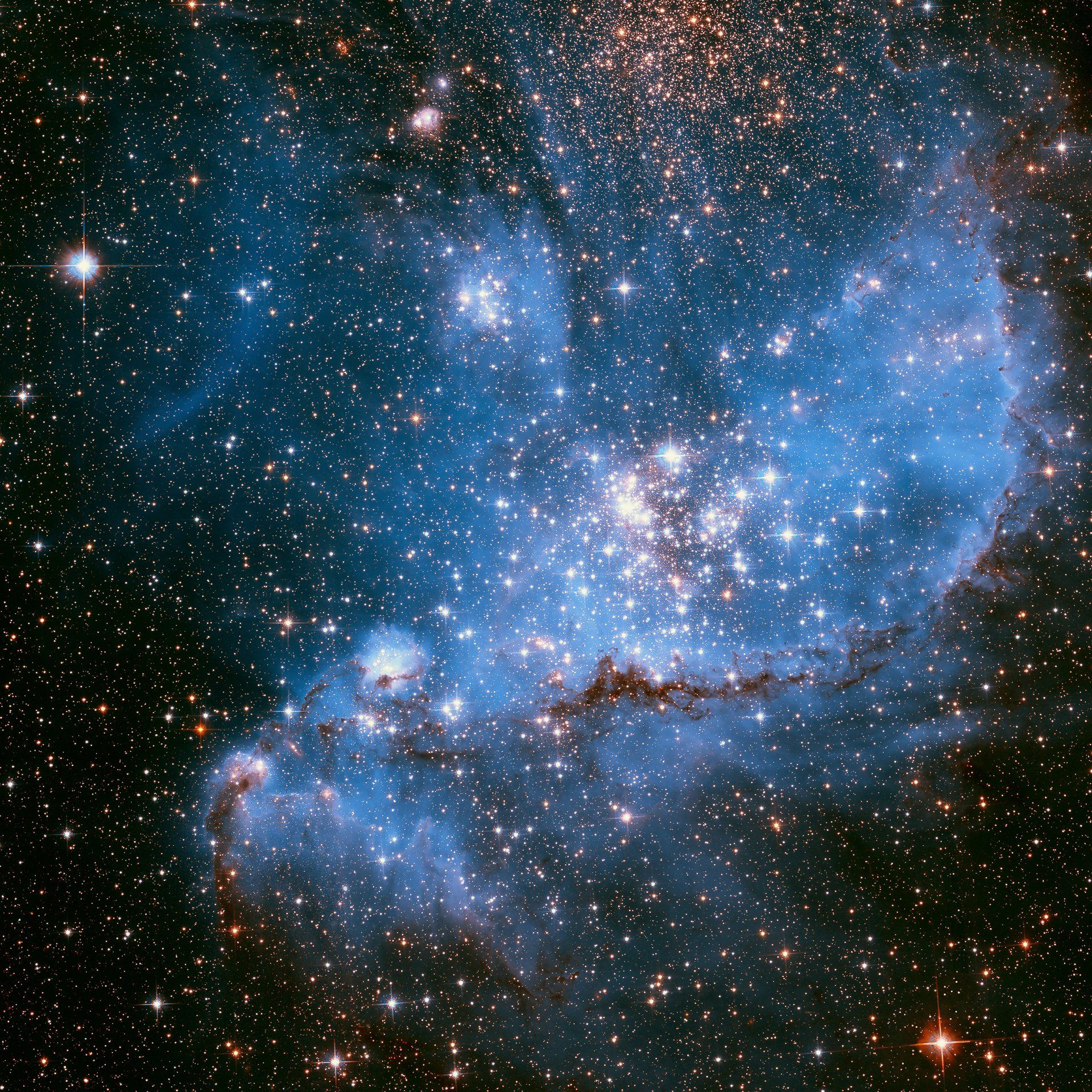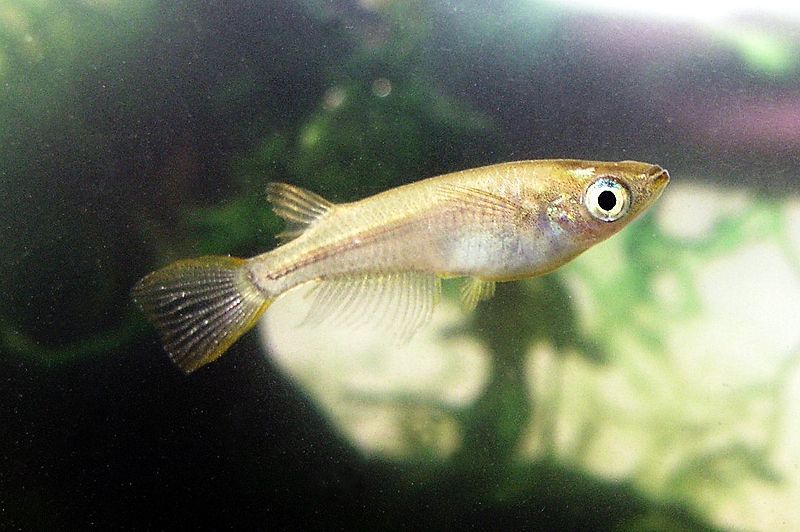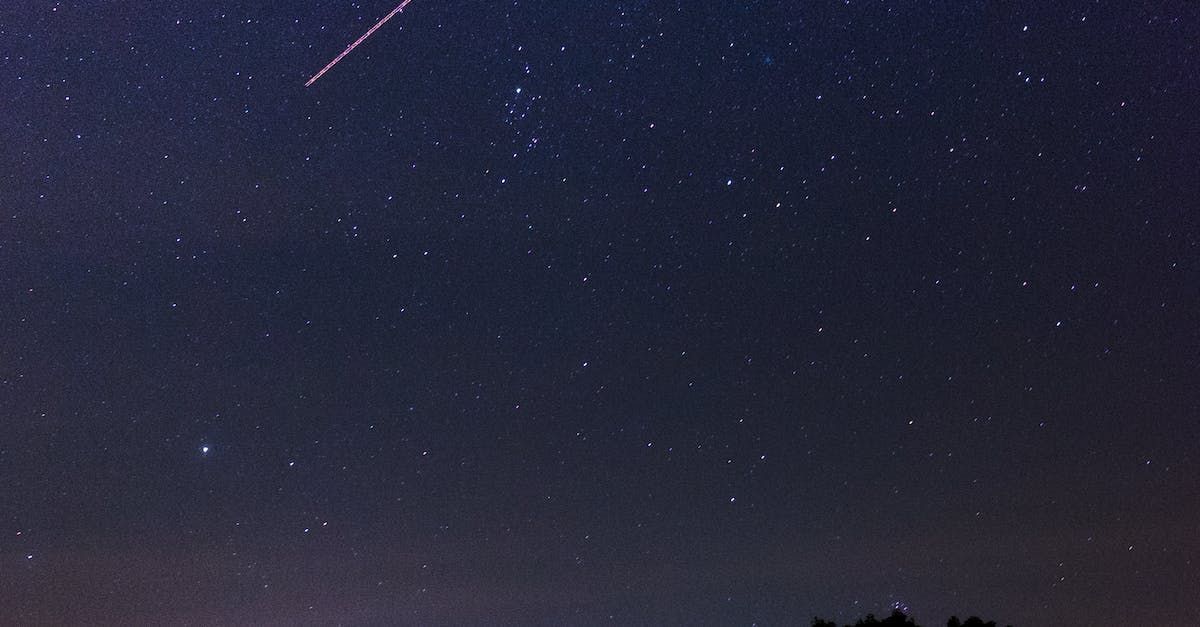Can Astronauts Drink Alcohol in Space?
Can Astronauts Drink Alcohol In Space?
Astronauts put their lives on the line in space to advance humanity's interests, which certainly warrants a celebratory toast. Nevertheless, unwinding with a glass of wine is out of the question for these intrepid space travelers after a grueling day of conducting intricate experiments aboard the International Space Station (ISS). The consumption of alcohol, including alcohol-containing items such as mouthwash or aftershave, is strictly prohibited on the ISS because it would adversely affect the water recovery system. However, the story doesn't end there, and there's more to this topic that merits further discussion.
Drinking Wine On The Moon?
In 1969, before Neil Armstrong famously took his first steps on the Moon, Buzz Aldrin took the first sip of liquid ever consumed on the lunar surface - wine. This occurred during a communion ceremony that Aldrin performed as a way of expressing gratitude for the mission's success. He later recounted the moment, saying:
"I poured the wine into the chalice our church had given me. In the one-sixth gravity of the moon the wine curled slowly and gracefully up the side of the cup."
NASA opted not to broadcast the event due to its religious connotations, rather than to conceal the fact that Aldrin had brought wine with him. However, on later missions, the idea of taking alcohol to space stirred strong objections. After all, astronauts must be completely alert when operating multi-billion dollar spacecraft.
Drinking Sherry On Skylab?
As focus shifted from lunar exploration to extended stays in habitable space stations, NASA recognized the need to provide astronauts with more creature comforts. The improved menu on the Skylab space station included the option of adding alcoholic beverages to help boost crew morale. Sherry was selected as the preferred tipple due to its high alcohol and sugar content, which enhanced its preservation capabilities. The astronauts were permitted to consume four ounces every four days.
However, when news broke that NASA was considering offering alcohol to astronauts, the agency was bombarded with angry letters from members of the public who disapproved of the idea. As it turned out, the sherry never made it into space anyway. During testing on NASA's "Vomit Comet," the aroma of the sherry, combined with the unpleasant odours of the plane, caused the crew to feel nauseated. As a result, the crew was not particularly keen on trying it out in space.
Drinking Cognac on Mir?
In contrast, the Russians appear to have a more lenient stance on alcohol. They provided cosmonauts on the Mir space station with small quantities of cognac and vodka. At the National Space Centre, we possess a sample of Russian space cognac in our collection. Russian physicians advocated consuming modest amounts of alcohol to promote relaxation and stimulate the immune system. Despite having alcohol included in their rations, some cosmonauts reportedly hoarded additional amounts.
Cosmonaut Igor Volk recounted smuggling a bottle of cognac, along with two jars of pickled cucumbers, on his Soyuz flight:
"It's impossible to exceed the weight limit for the seat's alignment. My partner Volodya Djanibekov and I thought of everything. A week before the launch, we only ate bread and drank tea, and we lost almost two kilograms (4.4 pounds). We packed everything into small cellophane bags and placed them inside our spacesuits while being dressed. That's how I managed to bring pickles on my stomach."
Did Beer Ever Make It To Space?
In 2017, Budweiser made a bold announcement of their plan to be the first beer on Mars. To achieve this objective, the company has sent experiments to the ISS to research how barley seedlings respond to microgravity. This study could assist Budweiser in developing new malt barley strains that are more tolerant of extreme environments. If humans arrive on Mars by the 2030s, as currently predicted, some of us may soon be living there, and beer production could follow shortly after!
Budweiser is not alone in setting its sights on Mars. Georgia's IX Millennium Project is exploring which grape varieties could flourish in Martian soil and withstand higher radiation levels. Georgia has one of the world's oldest wine-making traditions, dating back over 8,000 years. It aims to be the first to introduce this tradition to Mars.
As commercial space travel becomes a reality and we look to colonize other planets, it's conceivable that future space travellers will have more beverages in their cabinets. So, let's raise a glass to all the teetotal astronauts of today who are paving the way. Cheers!
Other Restrictions on Alcohol
NASA updated its alcohol policy in July 2007, prompted by a scandal in which astronauts were accused of flying while intoxicated. The agency recognized that its previous guidelines on alcohol were ambiguous and thus implemented a new rule that forbids astronauts from consuming alcohol within 12 hours of launch and from being "under the influence" of alcohol during training activities, aligning with existing regulations for T-38 training jets.
Research On Alcohol in Space.
In 2015, a whisky glass designed for spaceflight was created using 3D printing technology. The glass was made of plastic and whisky was sent to the ISS for a four-year study to assess its flavor in microgravity. A graduate student's research into brewing beer in space was sponsored by one beer company, while another company aimed to serve beer on Mars by sponsoring research on the ISS in 2017.
However, producing alcohol in space poses significant challenges. For example, conventional distillation is not possible in zero gravity, and large volumes of liquid are required.
© Copyright 2021 Space-facts.co.uk
View our other facts sites: www.animal-facts.co.uk










